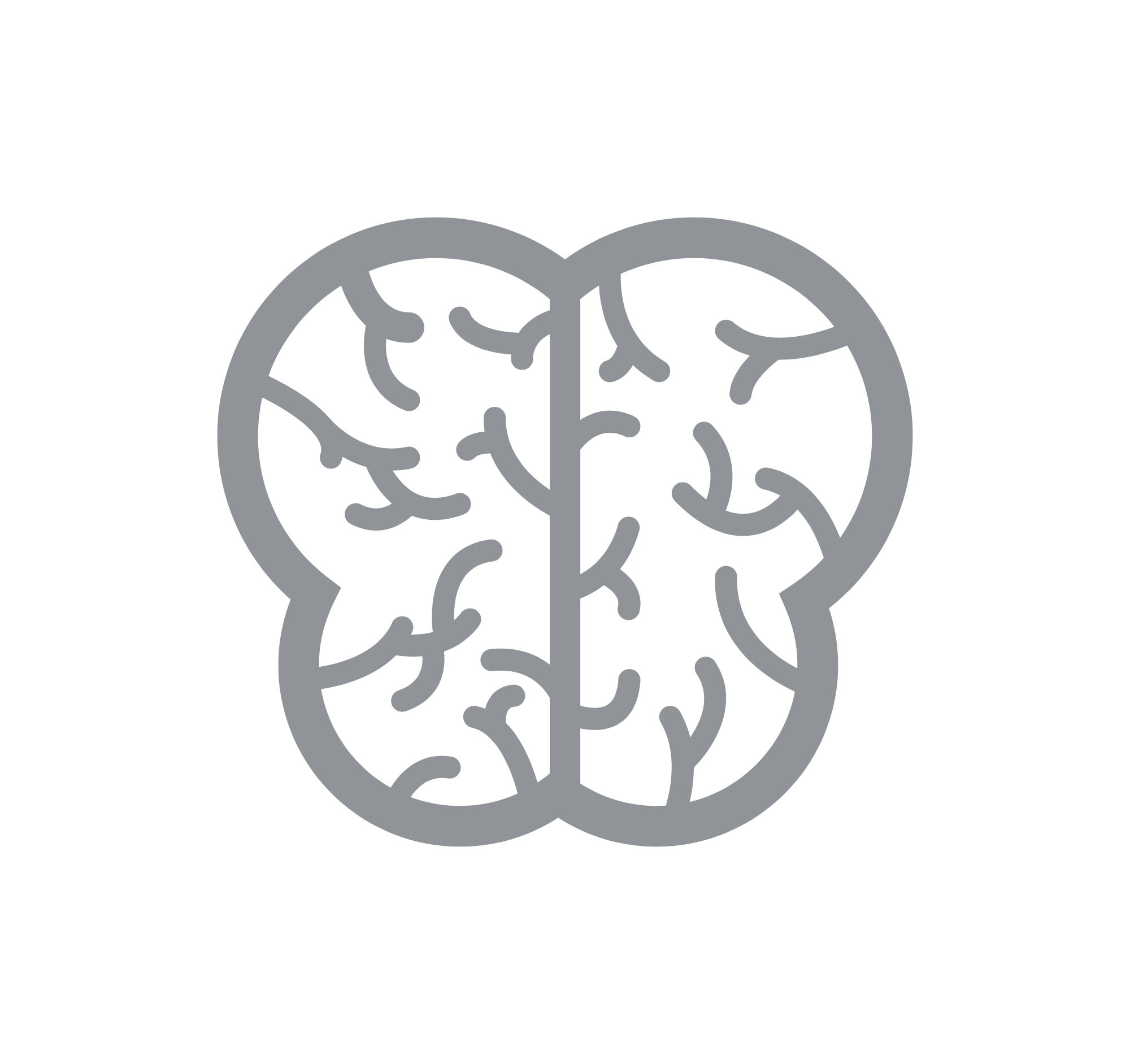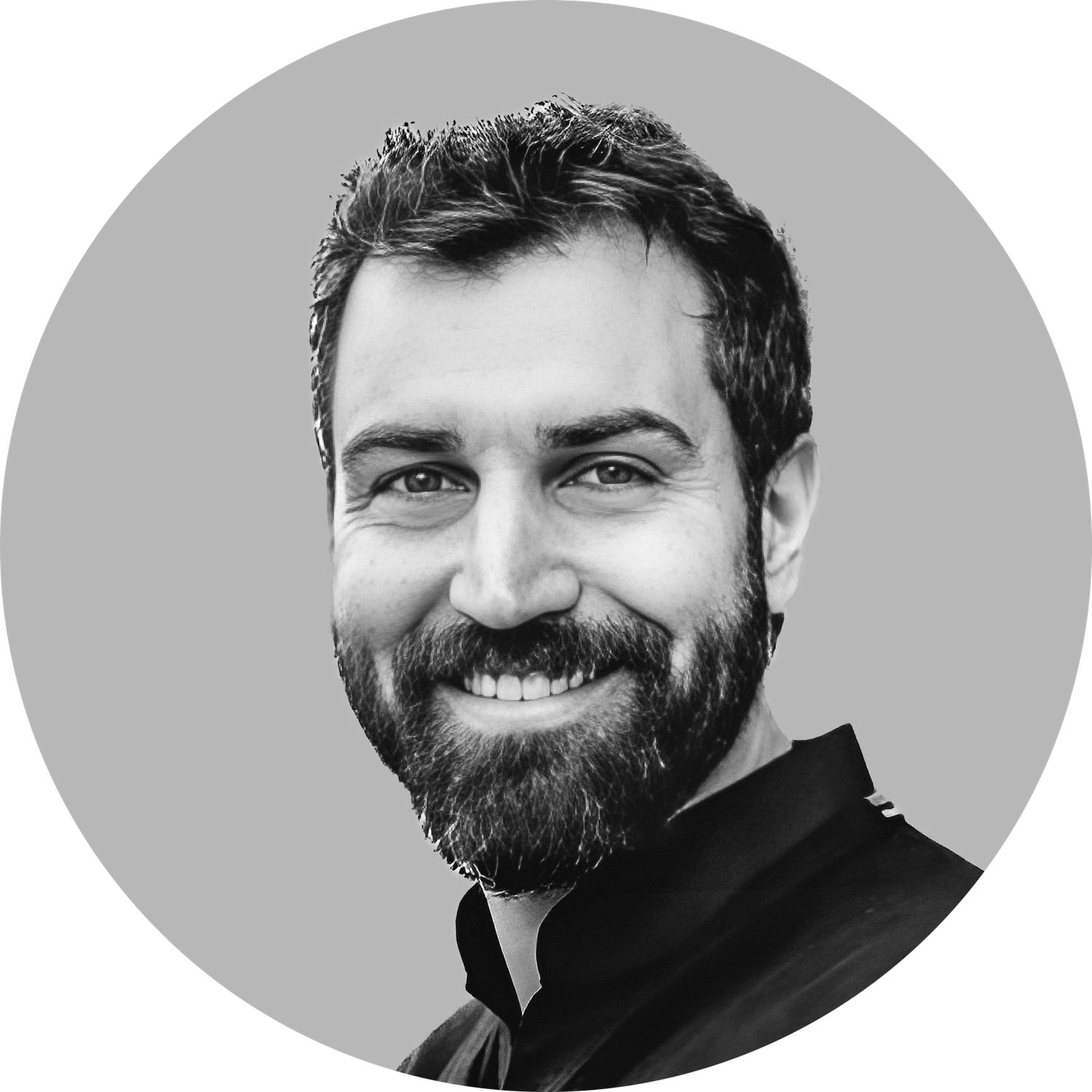
A month ago, I attended my first gay wedding. It was my second cousin, getting married to her bride.
And sitting there in a packed hall in a converted stables in a delightfully green corner of northern England, waiting for the couple to emerge, I was unsure of what to expect. How will all this work, exactly?
The guests jumped to their feet as the brides came out. And as the proceedings began, and friends and family gave speeches, I listened intently.
How the couple met on a dating app. How both their parents secretly drove past the location of their first date, each fearing their daughter was being catfished. How the brides had visited 21 countries in their six years together. How they were best friends, who'd never fought, who could spend long days being only with each other.
The speeches went on over dinner. There were no in-jokes of a group I didn't belong to. No references to same-sex marriage. Just powerful testimony of a love between two people.
And soon, the novelty of this being a union of two women melted away. And I no longer gave it a thought.
That was until after dinner, when the bride who wasn't my second cousin took the microphone. At the end of her speech, she said something that stayed with me. I’m paraphrasing from memory, but the gist of it was this:
It wasn’t until I was 26, that I even had the option to marry the person I love.
Her voice was breaking in rage. She went on.
Every one of you here today, walked through the front door of this venue as an ally. And we thank you for that. Just please, tell your kids, tell the next generation, that’s it’s OK. That this love is OK!
It was like a sucker-punch. She wiped her tears. And I found myself doing the same.
Everything I’d heard during the past few hours of speeches, the emotions I’d connected to. How insane, I thought, that there are fellow humans who feel afraid to express all that! Who are forbidden, even today, from getting married. Who are treated unfairly just for being who they are. (And in some countries, including the one hosting the World Cup as I type, can be killed by the state for it.)
I support LGBT equality; I've campaigned for it. But I'd never felt these injustices as acutely as I did on this day. I could sense my mind expanding; new territory discovered. I would never see gay rights in the same way again.
* * *
I’ve had a few weeks to reflect on that moment and what I learned. And I've come to this:
To persuade, showing is always better than telling. But helping people feel what you feel – by guiding them to arrive at it themselves, by referring to desires we all have in common – is a new level of persuasion altogether.
Update 10/12/22: Social psychologist Jonathan Haidt calls this "The lens of ‘common humanity’". Watch him describe it.
